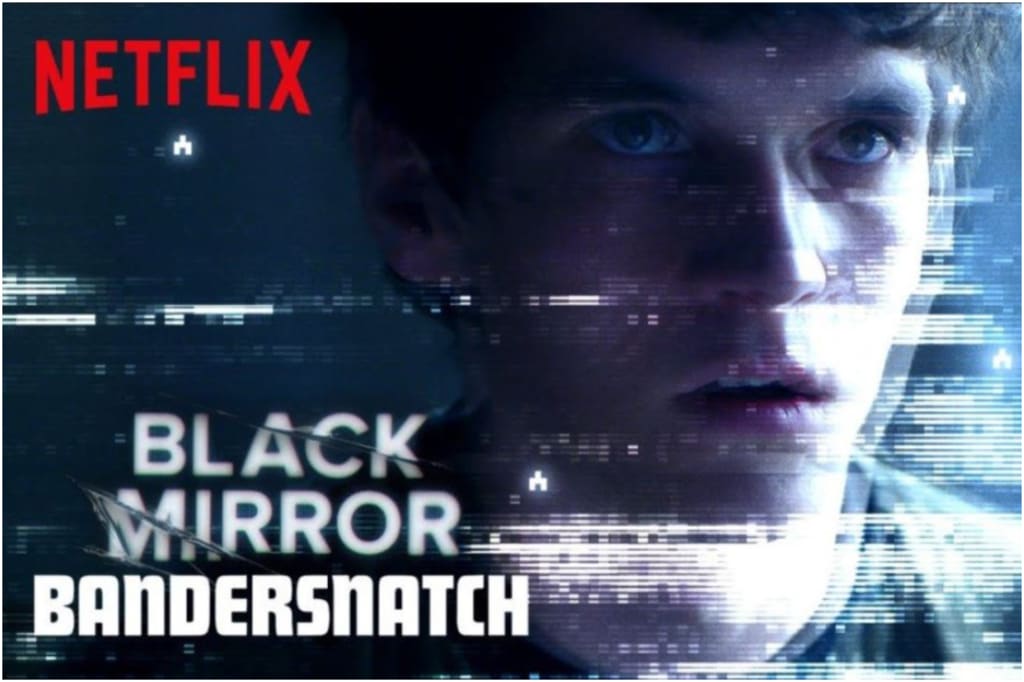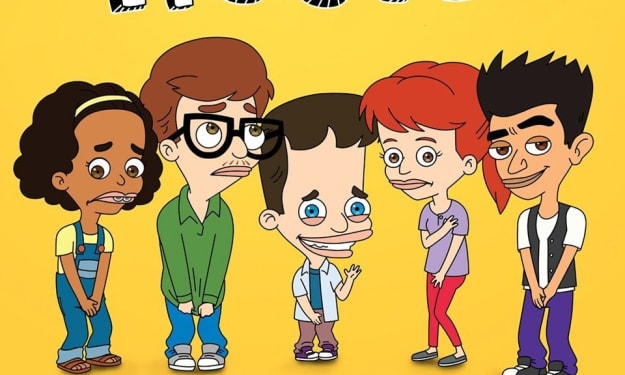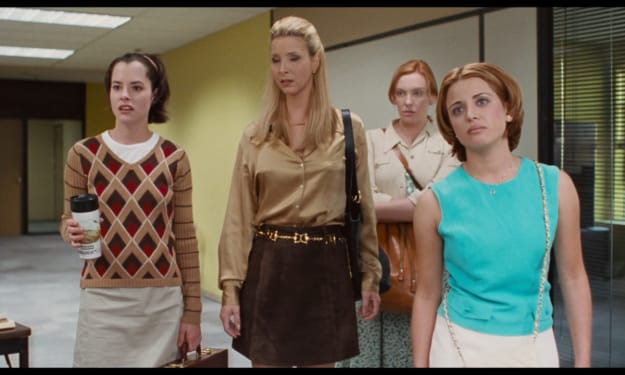"Bandersnatch" Explained
Do you really want to read this?

Everything is not in our own control. Instead, there is some being that is out there, deciding everything that we do, think, and will become. Past trauma? That is destined from the moment you are born. Is it? Was it already decided that you would be born? What happens to the people that are not born? Is there a different thing controlling every entity? Or is this thing the same for everyone, and "out there" there is a universe for everything?
These are the questions that are raised when watching the new episode of Black Mirror on Netflix called "Bandersnatch." There are five endings to this choose-your-adventure story led by a 19-year-old Stefan Butler (Fionn Whitehead). Some fans say that the story is more metaphorical than what it appears to be at first glance. If you don't want to know any spoilers, stop reading. Stefan continues in this adventure game, with his own adventure game, "Bandersnatch," which creates a meta-layer. Stefan is affected with mental illness from past trauma where his mother died (Fleur Keith) because he could not leave the house without his teddy bear, which his father (Craig Parkinson) hid from him (Stefan blames his father for taking his toy, but also blames himself for not going with his mother even though he couldn't find his toy). The show grows deeper metaphorical roots, as it becomes a possibility to break the fourth wall and reveal to Stefan that you, the viewer, are actually controlling his fate through the streaming of Netflix. This creates the metaphorical level that Stefan is correct in his fearful theory: he can't control anything in his life. Stefan creates this possibility in his head potentially because he needs a reason why his mother died other than the one that makes him responsible. This eventually affects Stefan's work in creating his game, "Bandersnatch." It is apparent that the viewer is the true player of the game of the show, also called "Bandersnatch." This is where it gets interesting.
The "Bandersnatch" comes from Lewis Carroll's novel Through the Looking Glass (huh, the Looking Glass, remember how Colin Ritman played by Will Poulter tells Stefan that the mirror is the gateway to travel in other timelines? A looking glass?) which has similar characteristics as the Bandersnatch of Stefan's drawings and hallucination. Not only this, the Bandersnatch that Stefan's influence Jerome F. Davies (Jeff Minter) draws looks the same as Stefan's Bandersnatch. So this "Bandersnatch" is the only consistent entity throughout the entire show, in all five endings.
From this, viewers are enabled to understand that there are three levels. There are Stefan and his game, and in the game, the Bandersnatch represents the dictator of fate. In the player's case, the Bandersnatch is the creator of the game, giving the illusion that the player has a free will (this is also something that Stefan struggles with including in the game since he wishes there was some sort of choice in regards to his mother's death). In the second level, Stefan is the player in his own life and must face the Bandersnatch, the controller of fate who turns out to be the viewer of the show. Now the third level comes from fan theories and becomes a pretty accurate depiction. The viewer is the player of the game that is the episode, and the controller of fate, in this case, is the creator and writer of the show, Charlie Brooker, making him the Bandersnatch. This begs the question of a fourth level. Are we all, as individuals being controlled in our own game of life? Do we all have a "Bandersnatch" and if so, do those that control us have a "Bandersnatch" of their own?
How is it possible that the two characters were able to create a similar depiction of the Bandersnatch, a beast-like character that slightly resembles a lion? Does it all originate from Lewis Carroll? Or somewhere else? Did Lewis Carroll also create this depiction from imagination? And if so, where did this come from?
Charlie Brooker and David Slade's creation is a nice segue of Plato's cave allegory into the 21st century. It uses our intrigue with the beginning of technology and the explosion of the internet (which was in 1983, one year before Stefan's story), and combines it with the present through the viewer's own involvement in the outcome of the story. By using a new innovative platform, the two creators embark on an exciting expression of free will and whether or not it is real or possible. Thus, after watching "Bandersnatch," viewers are confronted with this question: are we ever free from the scary thought that our choices are not our own? That free will is a lie?
Is this fear a fear of our own?
About the Creator
Curiosity .
I write short stories, and reviews on short stories.
Thanks for taking the time to read my material!






Comments
There are no comments for this story
Be the first to respond and start the conversation.